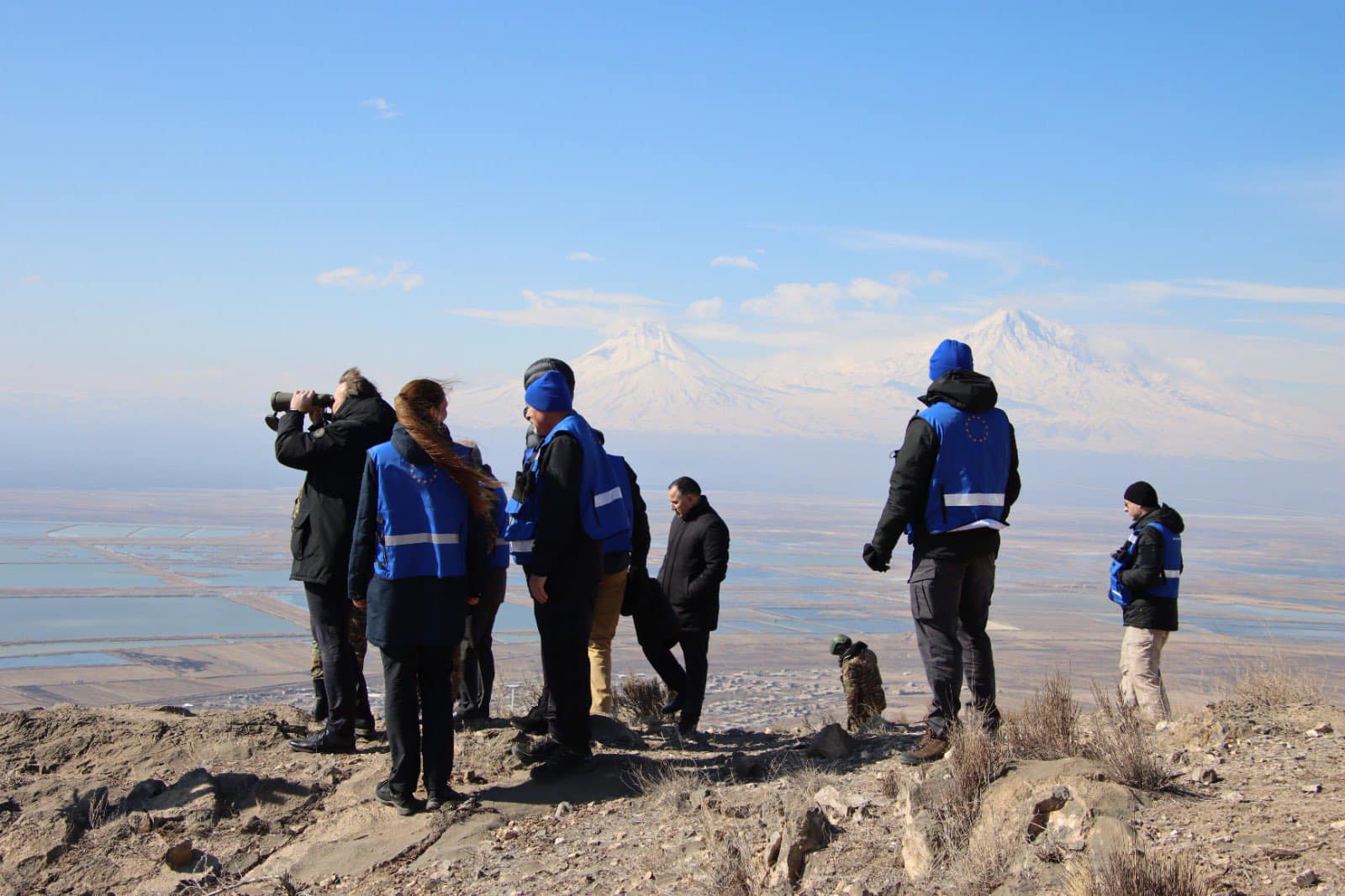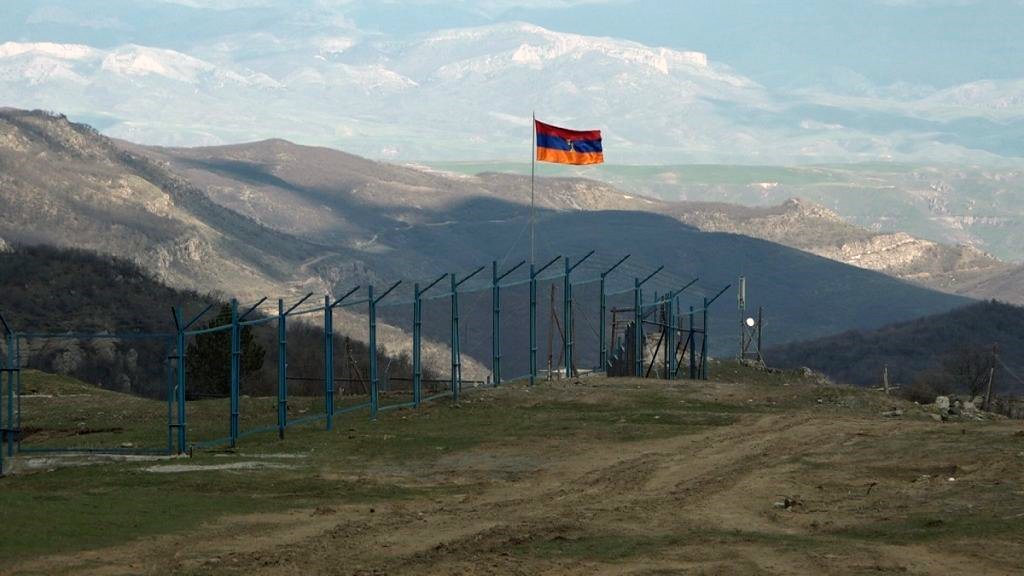EU mission expands to contain Baku's provocations - Armenian political scientist
New operation centers for the EU mission
The head of the EU monitoring mission in Armenia announced that in the coming months it is planned to open three additional operational centers for monitoring the border with Azerbaijan. Markus Ritter said that they will be located in Kapan, Ijevan and Yeghegnadzor.
Political scientist Gurgen Simonyan explains that the EU mission intends to place its observers in the direction where “the armed forces of Azerbaijan are illegally present.” He believes that monitoring these sections of the Armenian border “will help neutralize Baku’s destructive and destabilizing steps.”
More than 300 patrols in 4 months
The head of the mission of civilian observers monitoring the Armenian border said that more than 300 patrols have been carried out since February 20. The total length of patrol routes was 3,800 kilometers.
The EU monitors arrived in Armenia in February of this year on a long-term two-year mission. It consists of 100 people: 50 observers and 50 administrative staff. The purpose of the mission is to promote stability in the border areas of Armenia, build confidence on the ground and create favorable conditions for the normalization of relations between Armenia and Azerbaijan.
Markus Ritter recalled that the mission in Armenia materialized urgently, “with unprecedented haste.” He said that at the moment operational centers exist in the cities of Goris, Jermuk and Martuni.
“Our goal is to help stabilize the security situation in the border areas. According to various Armenian officials, our work contributed to a certain stabilization. However, in general, the situation is still unstable.”
A comment
According to political scientist Gurgen Simonyan, in order to understand what caused the need for additional operational centers in the directions indicated by the head of the mission, one should simply look at the map.
“The additional accumulation of forces and the activation of Azerbaijan near Yeghegnadzor are aimed at cutting off the Tigranashen-Yeghegnadzor connection, having control over this small area and tearing off Syunik [the southern region of Armenia bordering Azerbaijan]. The EU mission is expanding to contain Baku’s provocations,” he told JAMnews.
According to the political scientist, international actors are trying to prevent this, but the increase in the combat capability of the Armenian armed forces also plays a significant role.
According to him, the EU monitoring mission “does not give Baku the opportunity to create moral grounds for military aggression.” Such a basis could be the factual justification by Azerbaijan that Armenia was the first to start hostilities. However, this is not possible in the presence of EU observers. Simonyan explains that this presence is not limited to patrolling and monitoring the border:
“The mission headquarters takes into account, studies the factual data provided by the Armenian side, then presents them in the form of reports to the EU, EU member states and other interested parties.”
The political scientist says that recordings from cameras installed along the border by the Armenian Ministry of Defense are also taken into account. He gives an example of military clashes near the village of Tegh in April:
“Azerbaijan could not present its own provocation in this area as aggression from the Armenian side, because it was recorded by cameras, there was factual material.”
The expert also commented on the statement of the head of the EU mission, which he made in April. Markus Ritter said that the observers inform Azerbaijan when and where the monitoring will be carried out.
“This is done so that Azerbaijan does not resort to provocations. This is not about the fact that Azerbaijanis are warned in advance: “We will be out of place, do nothing against Armenia.” They are warned: “Please note that we will be on this site.” All their movements take place on the Armenian-Azerbaijani border, or in the contact zone, so Azerbaijan is informed that their armed forces should not open fire on observers,” Simonyan says.
He positively assesses the activities of the EU mission and believes that the observers are fulfilling their task. He says that after their deployment on the border, “we have not observed cases of large-scale military aggression.”
He emphasizes that the activities of the mission, as well as the ongoing Armenian-Azerbaijani negotiation process on the European platform, should be considered within the framework of the policy pursued by the West:
“And the collective West under the leadership of the United States is not interested in any military conflict or escalation in the region.”
Follow us – Twitter | Facebook | Instagram
New operations centers for the EU mission




















